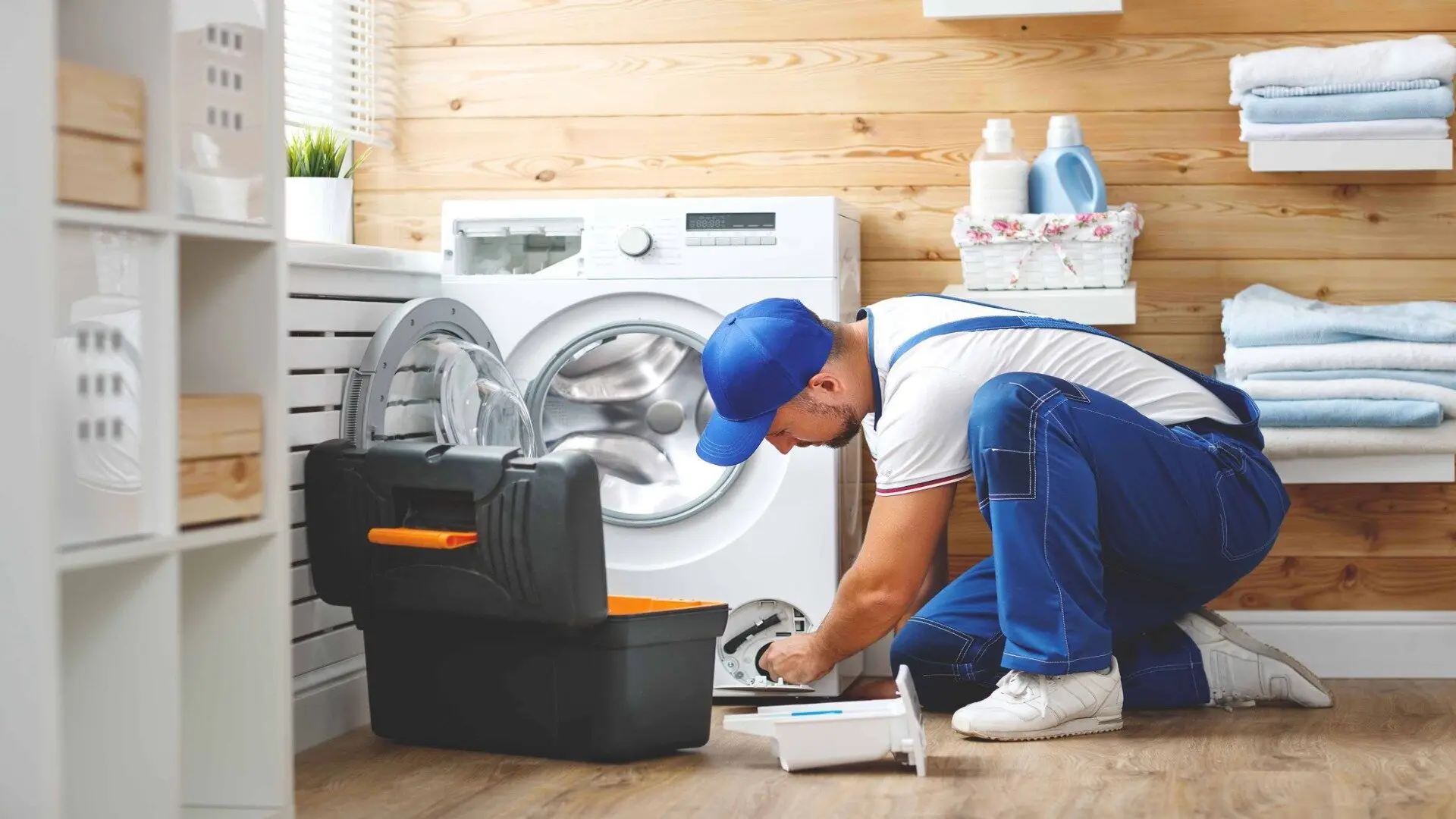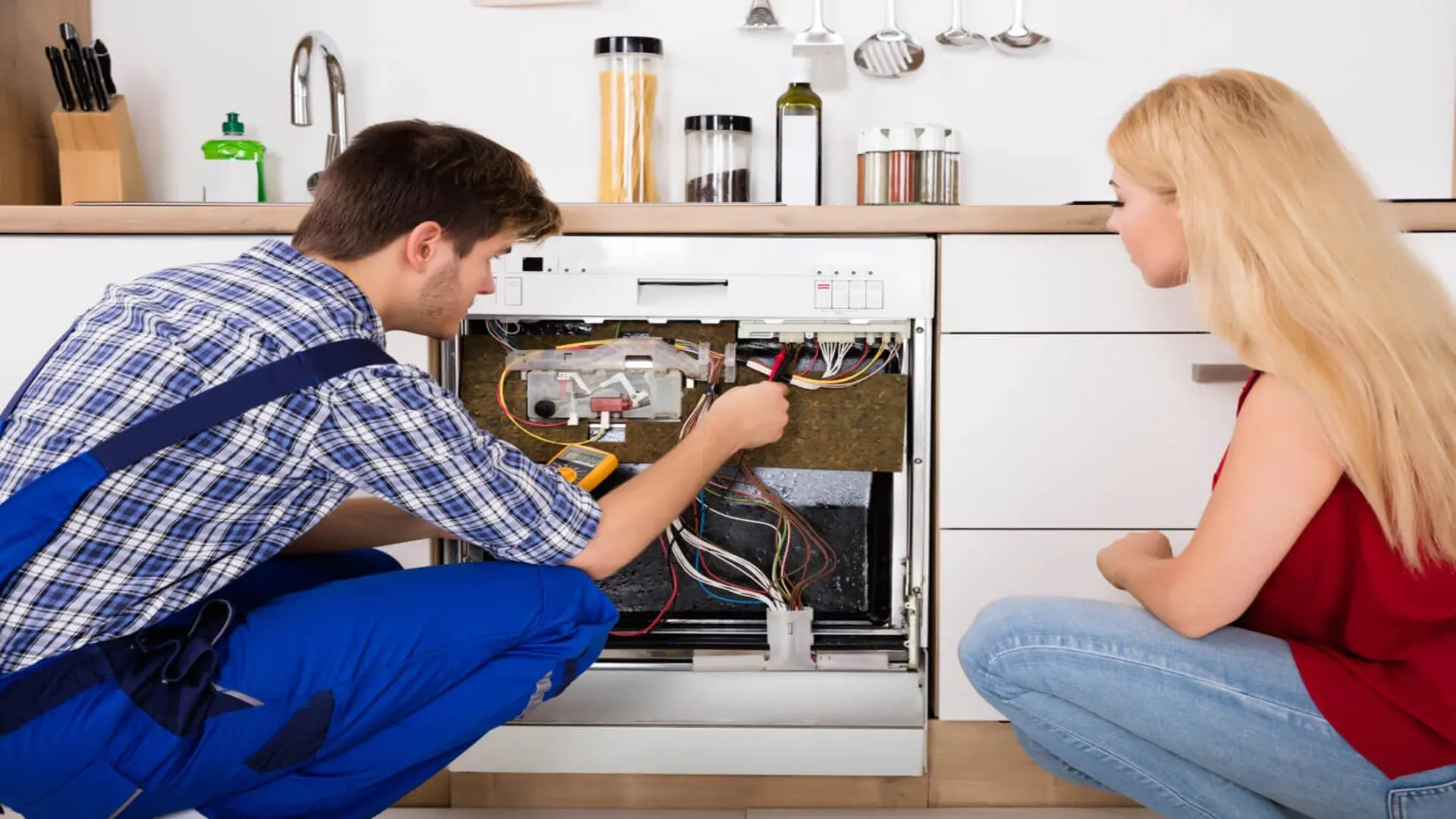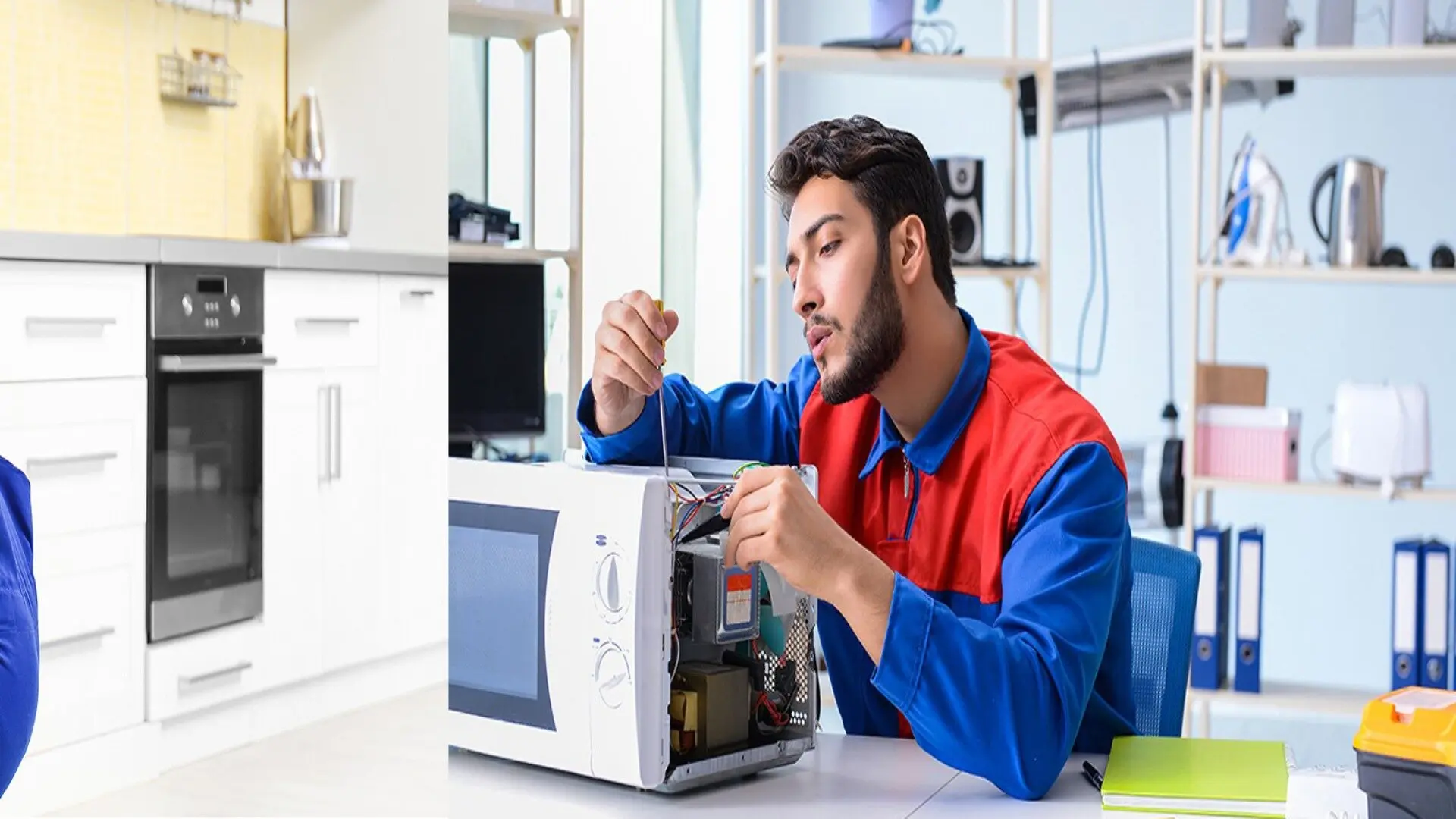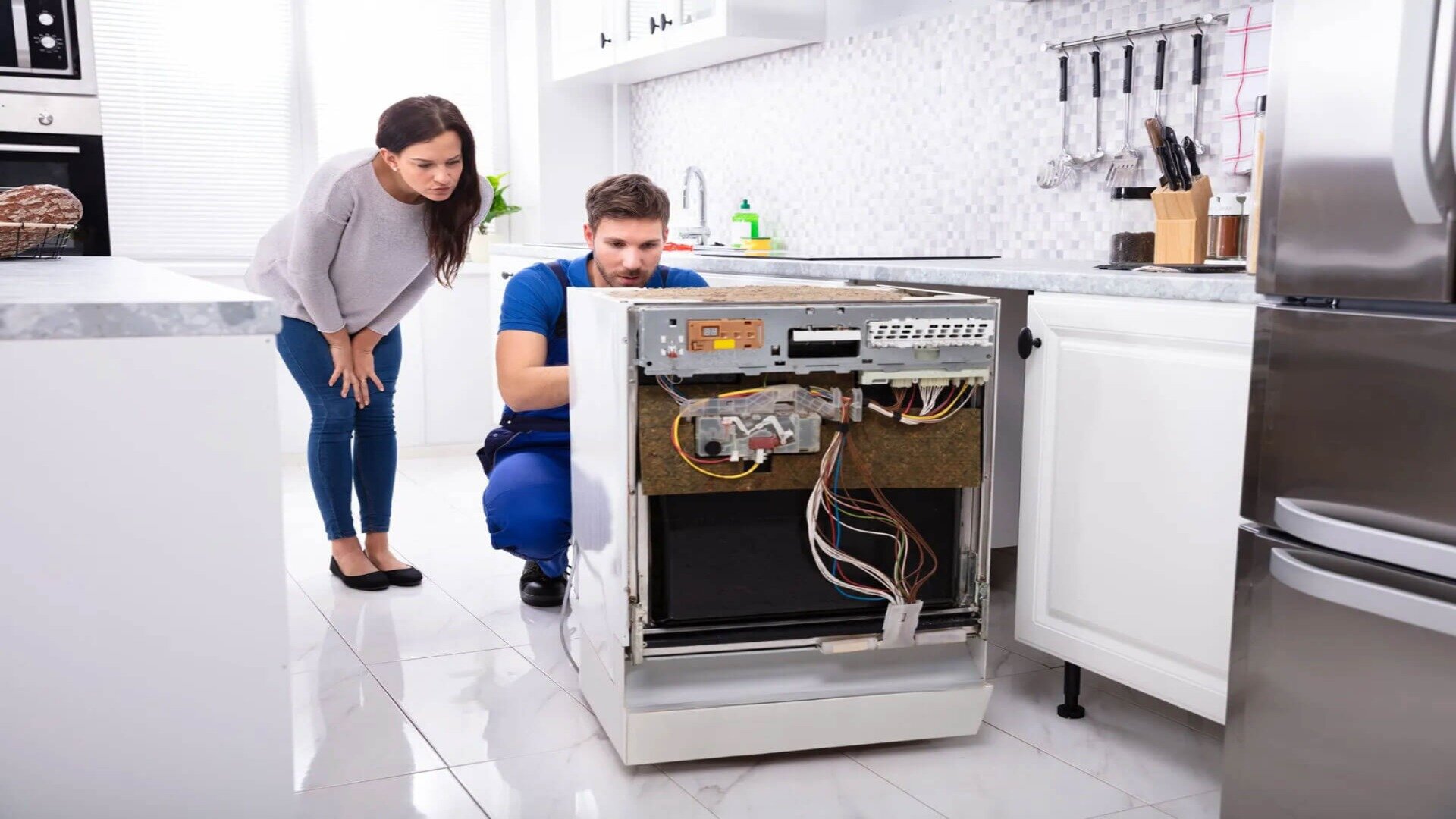
Updating or replacing appliances in your home is an essential part of maintenance and renovations. However, it’s crucial to determine whether you can complete the installation work yourself or if you need to hire a licensed electrician.
If you don’t install an appliance with high electrical demands correctly, it can be seriously dangerous. For instance, Australia enforces strict rules about the space required around cooktops to ensure safety and compliance.
In this blog post, we will outline the electrical safety regulations surrounding the installation of common household appliances and determine which requires professional electrician work versus simpler DIY swaps you can do independently. Understanding when specific installations legally require a permit and expertise is essential to ensure your appliance upgrades are done safely and up to code. Let’s start by considering why safety should always be the top priority with any electric work.
When is an Electrician Required for Appliance Installation?
Some home appliances need special care and expertise for installation because of their electrical complexity or power requirements. In many regions, having an electrician’s permit is a must for high-voltage setups to ensure safety and compliance.
Safety is the top concern when it comes to household electrical work. Improperly installed appliances can cause shock, fire or damage to property if wiring is incorrect. An electrician has the experience and certification to complete the setup safely.

As general guidelines, any appliance requiring:
- 240-volt electricity (usually major appliances like electric ovens or dryers)
- Hardwiring into the home’s electrical system
- A cable capable of 30 amps or more of power
- Only a licensed electrician should handle this. They will ensure proper grounding, adequate circuit sizing, and compliance with local codes.
It’s also advisable to contact your municipality’s permitting department to verify electrician requirements. Residential electrical work carried out by an unauthorised person could result in code inspector visits or void home insurance policies.
Major Appliances that Typically Require an Electrician
You typically need an electrician when you upgrade your home’s major appliances, often called the "big four," because they require higher voltage. These installations are complicated and need to be wired correctly to ensure safety.
Gas or Electric Stoves or Ovens
Stove and electric oven installations require 240-volt wiring and hardwiring into the home’s electrical system. Gas lines or gas cooktops also need certified installation to avoid leaks or Carbon Monoxide issues.
The precision required makes it best to leave these high-risk appliances to professional installers. With an electric one, your electrician will need to isolate the gas line and run new electrical wiring to power the new oven. Built-in single ovens generally weigh between 30 and 40kg, and double ovens up to 50 kilograms are wired into the mains within the wall cavity, so safely removing your old oven is a job for professionals.
Clothes Dryers
Much like stoves, clothes dryers run on 240 volts of power, which means proper wiring by an expert is crucial. For safety reasons, dryers must be vented outdoors correctly. Electricians take care of all the wiring and ensure ventilation meets the necessary codes.

Dishwashers
While dishwashers operate on 120 volts, they still require hardwiring into the home circuit. An electrician can complete this task efficiently while ensuring the appliance doesn’t overload the circuit.
Built-In Refrigerators
Refrigerators are usually installed built-in beneath kitchen counters. This requires precision placement of vents, levelling and connecting to a water supply. Electricians possess the skills for a flawless, fully functional installation.
Appliances You May be Able to Install Yourself
You can install some smaller household appliances yourself if you follow basic safety steps. Countertop items like toasters, microwaves, coffee makers, and blenders usually just need a standard three-prong outlet.
They don’t require hardwiring or high voltages. Freestanding refrigerators and portable dishwasher units can also usually be set up by a homeowner as they are not permanently installed.

If there’s already an electric oven outlet in your home, you can hook it up yourself—unless you’re adding a range hood. Be sure to look over the manufacturer’s instructions, pick a properly rated outlet, and avoid doing any wiring changes yourself.
Although 120-volt installations have a lower shock risk than 240-volt appliances, working with electricity outside your abilities is still unsafe. As always, consult local codes first and always feel free to call a professional if you have any doubts about your skills.
When in Doubt, Hire a Pro
Knowing which appliances need a professional touch from a qualified electrician is key to keeping everything safe, efficient, and up-to-code. Enersol Electrical is your go-to partner, offering vast expertise in installing a wide range of appliances. Whether it’s intricate wiring for kitchen gadgets or setting up advanced home automation systems, our skilled electricians are ready to tackle all your electrical needs.
Entrusting the installation of appliances to Enersol Electrical guarantees a seamless and secure process for your home or business. Our commitment to quality workmanship, adherence to safety protocols, and dedication to customer satisfaction sets us apart in the industry.
Our team can also carry out all required power supply upgrades or adjustments, including adding a power point or dedicated circuit for the new oven and installing it into the existing space if needed. Oven range hoods are wired into the home’s electrical system, and a qualified electrician should perform wiring work. We can also handle electrical requirements, such as power points for electric ignition systems for gas cooktops. We’ll make sure everything’s connected and working correctly.
If you are contemplating the installation of new appliances or require professional assistance with existing ones, don’t hesitate to contact Enersol Electrical. Our team is ready to provide personalised solutions tailored to your specific requirements.